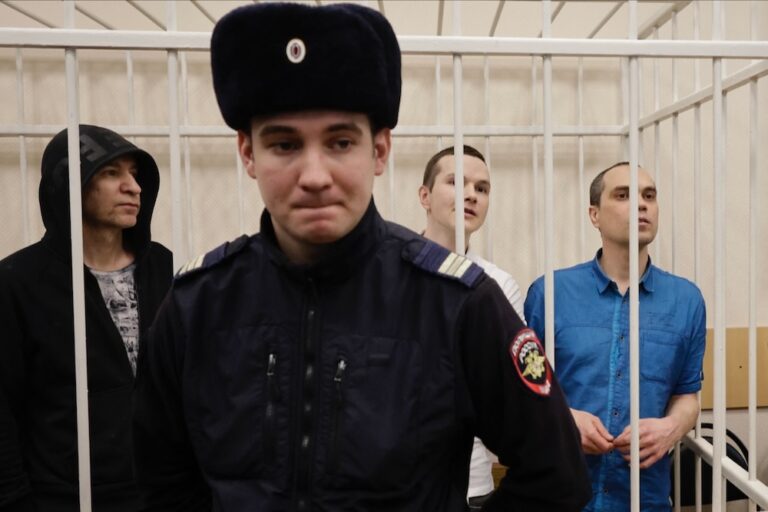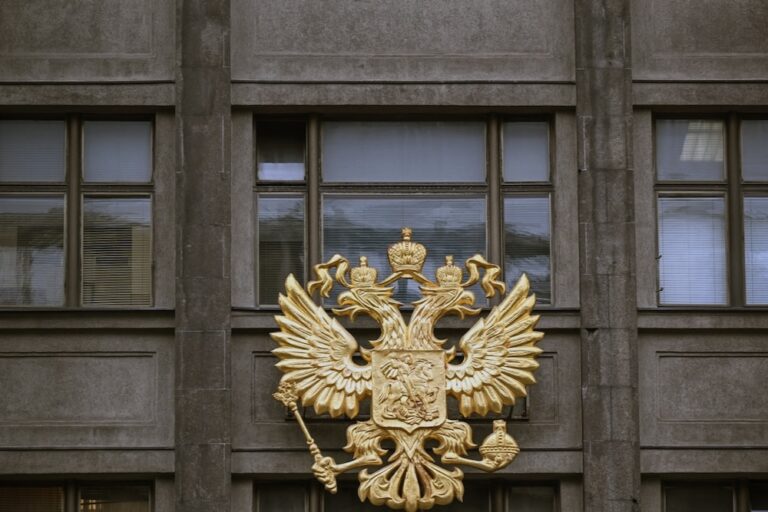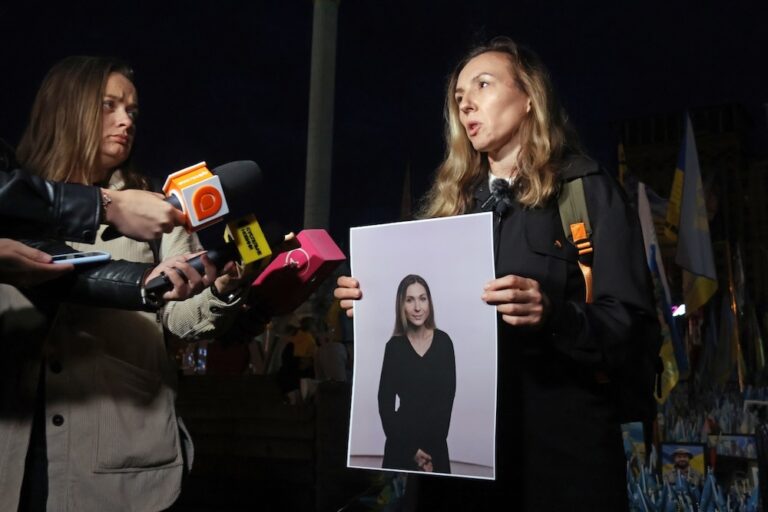GDF President Alexei Simonov sees the bill as an attempt by authorities to close some TV networks and print media for minor omissions.
(GDF/IFEX) – The Russian Federation (RF) State Duma is discussing a new bill proposed by the United Russia Party (URP) faction “On Protecting Children from Information Hazardous to Their Health and Development”. The faction leaders recommended passing the bill after the second reading on 31 May 2010.
At first glance, the bill looks good enough, as it is directed against pornography, obscene language, drugs, alcohol and smoking, and prepared with due regard for the latest international experience. It calls for a daytime ban on any TV shows “that may frighten or horrify children or cause them to feel panicky”, referring to the showing of accidents, catastrophes, diseases or deaths. Any print materials on these subjects, according to the bill, should be covered up prior to sale.
Naturally, the bill’s authors maintain that any talk of restrictions on access to information is irrelevant because the document “aims at protecting children in the first place”, according to URP member Robert Schlegel, notorious for his prior career with the semi-pornographic youth magazine “Molotok” that many parents found hair-raising.
If passed, the bill would result in people having to watch the news and most films at night only, and in almost all the newspapers and magazines having to be wrapped in plastic. In addition, the press and television would have to avoid publishing any information about accidents, catastrophes and deaths. As a result, television would turn into one big entertainment show and the press into something like “Korea Today” magazine, which used to praise President Kim Il Sung to the skies.
Many observers have criticised the URP initiative. GDF President Alexei Simonov, for one, sees it as yet another attempt by the authorities to close some TV networks and print media for minor omissions, while supporting other more manageable and less scrupulous media. “Clearly, they are seeking to suppress the rest of the willpower of the head managers of media outlets disfavoured by the Kremlin. Violence makes its way into art and the media from the street, from everyday life – not vice versa. Society is such as it is reflected. Therefore, the gentlemen from United Russia, who claim to be so concerned about the future of the younger generation, may as well get busy imposing bans on negative things that children see in the street.
“For example, they should look at how the police, patrol teams and all the punitive system as a whole perform. Otherwise, children will continue to see violence in real life while watching glossed-over TV reports about everything being nice and smooth that will cause them to ask some very natural questions and stop trusting the media altogether,” Simonov said.


